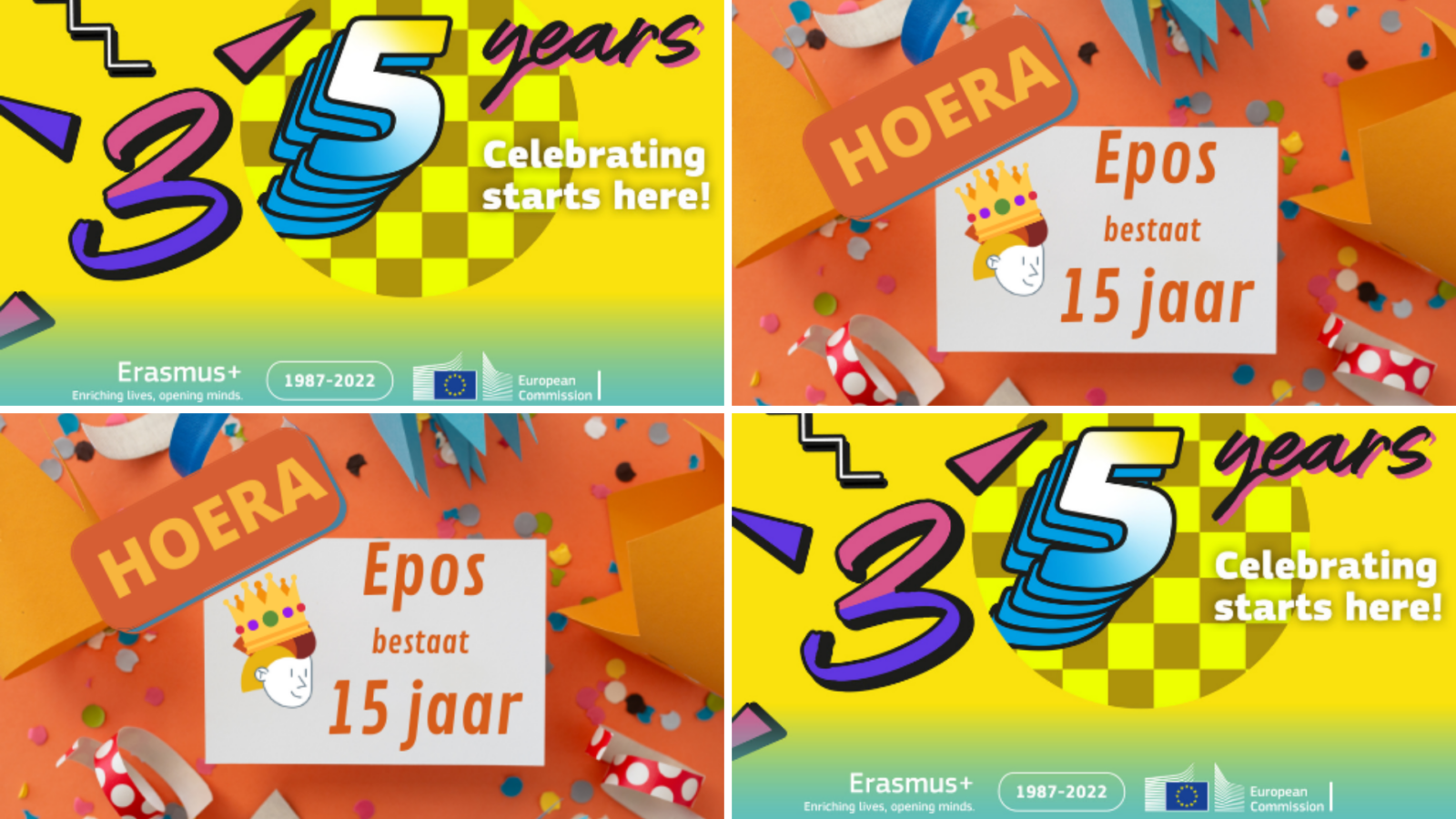KU Leuven, Faculteit industriële ingenieurswetenschappen
Hilde LauwereysThe Erasmus programme has literally created a generation of young European students with an intercultural competence, prepared to start their career as active European citizens.
Hilde Lauwereys
Erasmus … 35 years of building European citizenship
The year is 1989, the Erasmus programme is a new and relatively unknown action of the European Union (then 12 member countries). In Flanders, two universities (Leuven and Gent) have started exchanging students for a part of their study programme and decide to look for EU partner universities with compatible study programmes.
The EU educational integration is non-existing in 1989 , the Bologna process a faraway dream that even the most EU minded officials do not dare to venture in, ECTS is unimaginable , the “European higher education area” is unthinkable.
In this context I had the privilege to be able to start up Erasmus exchanges for young engineers for the engineering college I was active in. Finding interesting EU partner universities was not a piece of cake, (internet had not reached us yet), no templates of documents existed, let alone any transfer mechanisms for international grades . No university in Flanders has an “international office” the way we know this now.
Yet we managed via the conference “Flanders Technology International” of 1989 to invite 7 interested universities from Ireland, Spain, Germany, Portugal and to convince them to work together with us. This was the start of hundreds of young engineering students to first started exchanging by doing traineeships, thesis research, projects (to avoid the pitfalls of course equivalencies) and after that also international courses. The first 5 years of EU exchanges lead to the set- up of international offices in many universities and colleges. Again, I had the pioneering experience of setting up an international office for engineering exchange. The original partners we found more than 30 years ago are still present in our present European partner network, this proves that our initial intuition was not so wrong.
The context of working in the early Erasmus years was determined by fax, phone and post as main communication instruments. Bilateral agreements, credit systems, any Erasmus documents had yet to be invented. Trust among European universities was the main basis for the exchange of students and staff. The small scale nature of exchanges allowed for a very personal approach (for the first batch of 2 Erasmus students to our engineering school I literally washed and ironed since laundries were non-existent).
In the past 35 years I have been involved in the EU educational sector non-stop and have seen the development of exciting projects such as the Bologna process, the development of ECTS, the exponential growth of the Erasmus programme to a system which benefited millions of students. The Erasmus programme has literally created a generation of young European students with an intercultural competence, prepared to start their career as active European citizens. The Erasmus programme has in this way contributed more to the creation of a European identity than dozens of EU administrative guidelines.
If today we are faced with major challenges to the EU , its free economic market and its ethical set of values, this is a signal that we need to intensify Erasmus exchanges to continue on the way of mutual understanding and intercultural competences.
In the world anno 2022, Erasmus exchanges are more relevant than ever.
Dank je wel Hilde voor deze interessante bijdrage doorheen de tijd.
